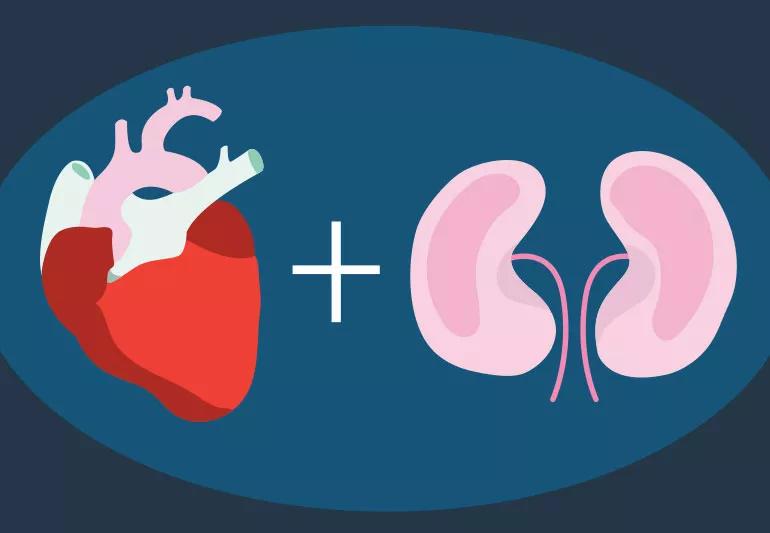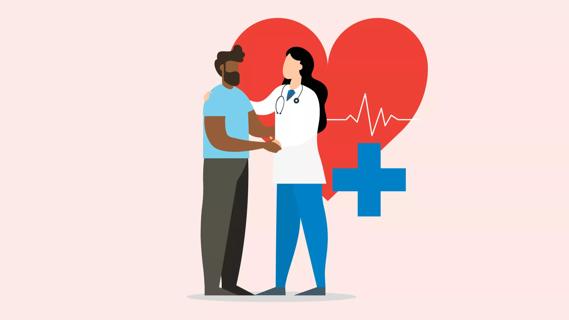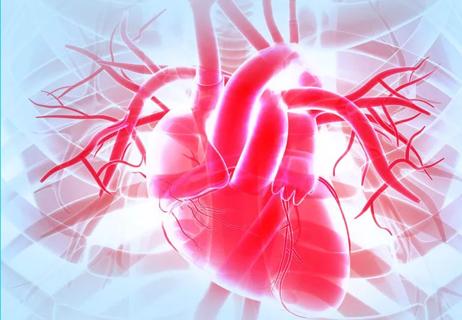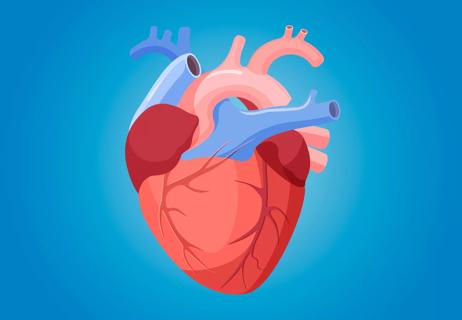What's good for one is good for the other

If you’re like most people, you probably don’t give your kidneys much thought — unless they stop working like they should.
Advertisement
Cleveland Clinic is a non-profit academic medical center. Advertising on our site helps support our mission. We do not endorse non-Cleveland Clinic products or services. Policy
Fortunately, if you’re doing anything to lower your risk of heart disease, you’re also helping your kidneys remain healthy, too.
Smoking; being physically inactive; or having diabetes, high blood pressure, high cholesterol or obesity are all risk factors for heart attack and stroke. Taking control of these risk factors can help prevent a potentially deadly cardiovascular event. It can also help prevent kidney damage from the same disease process.
“These organ systems are intertwined, so what’s good for the heart is good for the kidneys and vice versa,” says Cleveland Clinic nephrologist and hypertension specialist Michael Lioudis, MD.
Your kidneys are small – about the size of your fist – but they are mighty. They do much more than filter blood and eliminate waste as urine. They regulate electrolytes, which are electricity-conducting chemicals necessary for muscle and nerve cell function. They also balance sodium and fluid levels in the body and produce hormones that control blood pressure.
Just as years of relentless high blood pressure and high blood sugar levels wreak havoc on the inside of the coronary arteries, they also damage the blood vessels inside the kidneys. When the delicate matrix of blood vessel filters begins to fail, waste builds up in the bloodstream, protein and sugar may spill into the urine, and the body retains fluid.
Advertisement
When kidney function declines to a certain low percentage of normal, dialysis is needed to remove waste from the body. While dialysis is a lifesaver, it doesn’t do what the kidneys can do. “Think of it as a temporary form of life support until a kidney transplant hopefully can be done,” Dr. Lioudis says.
That’s why maintaining good kidney health is so important.
Having heart disease does not mean you will develop kidney disease, but it may increase your risk.
Of all the shared risk factors, years of poorly controlled high blood pressure or high blood sugar levels pose the greatest threat.
And if your kidney function begins to worsen, you might not be aware that it’s happening.
“Symptoms are rare. You may feel fine, but this doesn’t mean your kidneys are OK,” Dr. Lioudis says. “By the time blood and urine tests show changes in kidney function, the health of these organs has significantly declined.”
Heart failure with reduced ejection fraction is another risk factor for kidney disease. When the heart is unable to pump forcefully, the amount of blood it ejects with each contraction drops. This reduces the amount of blood that passes through the kidneys, causing urine and waste output to drop. Because salt isn’t eliminated well, fluid may build up, causing heart failure to worsen.
If you have heart disease, your cardiologist will monitor your hearth health and the state of your risk factors on a regular basis. It’s a great plan, but it’s not enough: You also should see your primary care provider for routine health maintenance at least once a year.
Your primary care provider will do urine and blood tests to screen for unknown medical problems, provide pneumonia and flu shots, and refer you to any other specialists you might need.
“It’s the best way to identify an issue like kidney disease in its early stages,” Dr. Lioudis notes.
Keep in mind that any step you take to lower your risk of heart disease will benefit your kidneys and other connected organ systems.
“Keep your blood pressure, blood sugar and cholesterol in check; ask your primary care provider for advice if you need help to stop smoking; eat a balanced diet; get some exercise and maintain a reasonable body size,” he says. “If you do what you can to stabilize your condition, and follow up with your primary care provider and healthcare team, you stand a greater chance of a staying healthy and enjoying a good quality of life.”
This article first appeared in Cleveland Clinic Heart Advisor.
Advertisement

Sign up for our Health Essentials emails for expert guidance on nutrition, fitness, sleep, skin care and more.
Learn more about our editorial process.
Advertisement

It’s an emergency if the pain doesn’t go away, gets worse or you have other worrying symptoms

Age, sex and genetics are just a few factors that can affect your risk of developing coronary artery disease

Move a little more, eat a little healthier, sleep a little better and destress a lot

Having underweight, having overweight and having obesity can be dangerous for your heart

Avoid smoking, eat a good diet and exercise to prevent your heart from aging prematurely

Your life depends on this incredible organ doing its job 24/7

Unlock the secret of your body’s hardest-working organ

What you need to know about BMI, fasting glucose, triglycerides and more

Even small moments of time outdoors can help reduce stress, boost mood and restore a sense of calm

A correct prescription helps your eyes see clearly — but as natural changes occur, you may need stronger or different eyeglasses

Both are medical emergencies, but they are very distinct events with different causes